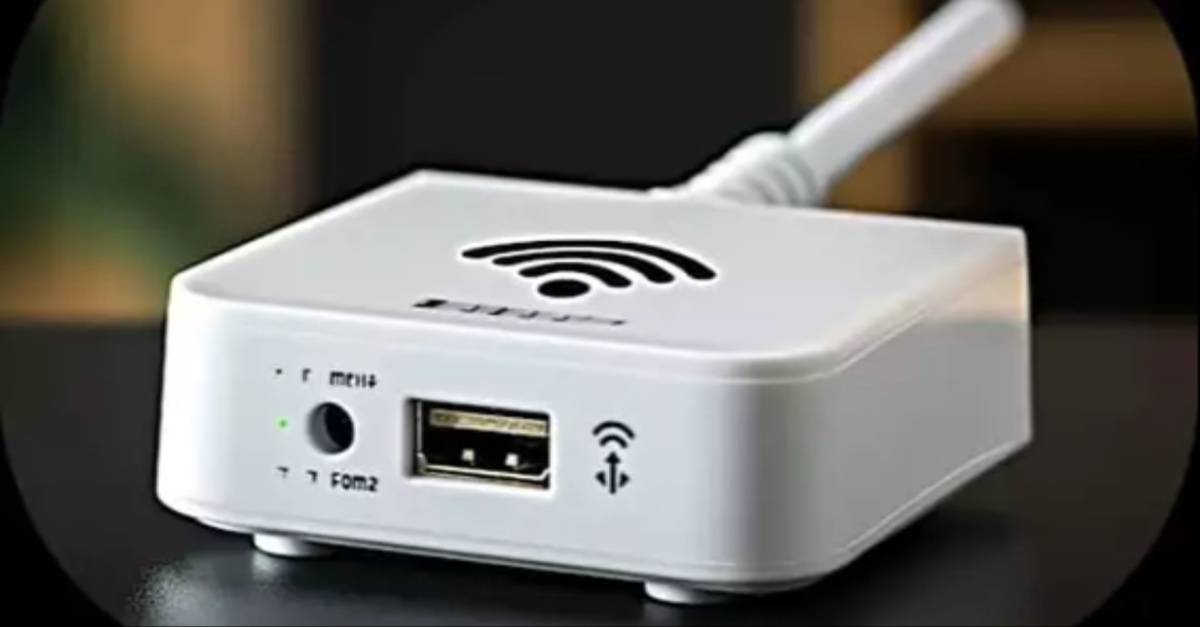The diagnosis and management of diabetic neuropathies is crucial for improving the quality of life in patients with diabetes. Diabetic neuropathies are serious complications that arise from prolonged periods of high blood sugar levels, affecting nerves throughout the body. Understanding how to diagnose and manage these conditions can help prevent further deterioration and improve patient outcomes.

Introduction to Diabetic Neuropathies
Diabetic neuropathies are a group of nerve disorders caused by diabetes. As the most common complication of diabetes, neuropathies affect nearly 50% of diabetic patients, leading to a wide range of issues that can severely impact life quality. The high blood sugar levels associated with diabetes have a toxic effect on nerves and cause damage over time. Different forms of neuropathies may include peripheral, autonomic, proximal, and focal neuropathies, each presenting with its unique set of symptoms.
Peripheral neuropathy is the most common form, causing numbness, pain, and weakness in the hands and feet. Autonomic neuropathy affects nerves responsible for regulating body processes like blood pressure and digestion. Proximal neuropathy causes pain in the hips, thighs, and buttocks. Finally, Focal neuropathies result in sudden weakness of one nerve or a group of nerves, causing muscle weakness or pain.
Diagnosing Diabetic Neuropathies
Early diagnosis of diabetic neuropathies is crucial for managing symptoms and slowing progression. The diagnostic process typically involves a combination of a thorough medical history, a physical exam, and various diagnostic tests. According to research from PMC, different diagnostic criteria and methods are used depending on the specific type of neuropathy suspected.
Doctors begin by evaluating symptoms and may conduct a foot exam to check for skin changes, nerve injuries, or other abnormalities in the muscles and bones. Other diagnostic tests inclusive of nerve conduction studies, electromyography, and autonomic testing help assess the specific site and extent of nerve damage.
Blood-Sugar Control and Lifestyle Changes
Effective management of diabetic neuropathies starts with maintaining good control over blood sugar levels. Studies highlighted in PubMed emphasize that tight glycemic control significantly reduces the risk of developing neuropathy or delays its progression.
Patients are encouraged to make lifestyle changes including a balanced diet rich in fruits, vegetables, and lean proteins. Regular physical activity is also critical as it aids in weight management, improves insulin sensitivity, and increases blood sugar stability. Quitting smoking and reducing alcohol consumption are also recommended to further decrease risks associated with neuropathy.
Nerve Tests and Targeted Therapies
In managing diabetic neuropathies, targeted therapies are essential in alleviating symptoms and improving patient outcomes. Neurologists may use nerve conduction tests to measure the speed and strength of nerve signals. Electromyography allows for assessing electrical activity in muscles, offering deeper insights into muscular response.
According to Karger, medications such as anticonvulsants, antidepressants, and analgesics are often prescribed for pain management. However, these should be tailored to individual needs. Alongside these, therapies like transcutaneous electrical nerve stimulation (TENS), physiotherapy, and acupuncture may provide additional symptom relief.
Conclusion: Managing Diabetic Neuropathies for Better Outcomes
Proactive management of diabetic neuropathies through an integrated approach of regular monitoring, medication, lifestyle adjustments, and rehabilitation therapies can significantly enhance life quality for diabetic patients. As new research in NEJM suggests, maintaining updated strategies in the treatment of diabetic neuropathies is crucial.
By understanding the importance of early diagnosis and comprehensive management, individuals and healthcare providers can work collaboratively to mitigate the effects of these challenging conditions. Maintaining vigilance in blood sugar control, regular medical check-ups, and adapting lifestyle changes are key components to successful neuropathy management.
| Therapy | Location | Average Cost |
|---|---|---|
| Physical Therapy | New York, NY | $100/session |
| Acupuncture | Los Angeles, CA | $85/session |
| TENS Therapy | Chicago, IL | $60/session |
| Medication | Houston, TX | $90/month |
| Dietitian Services | Phoenix, AZ | $75/session |


